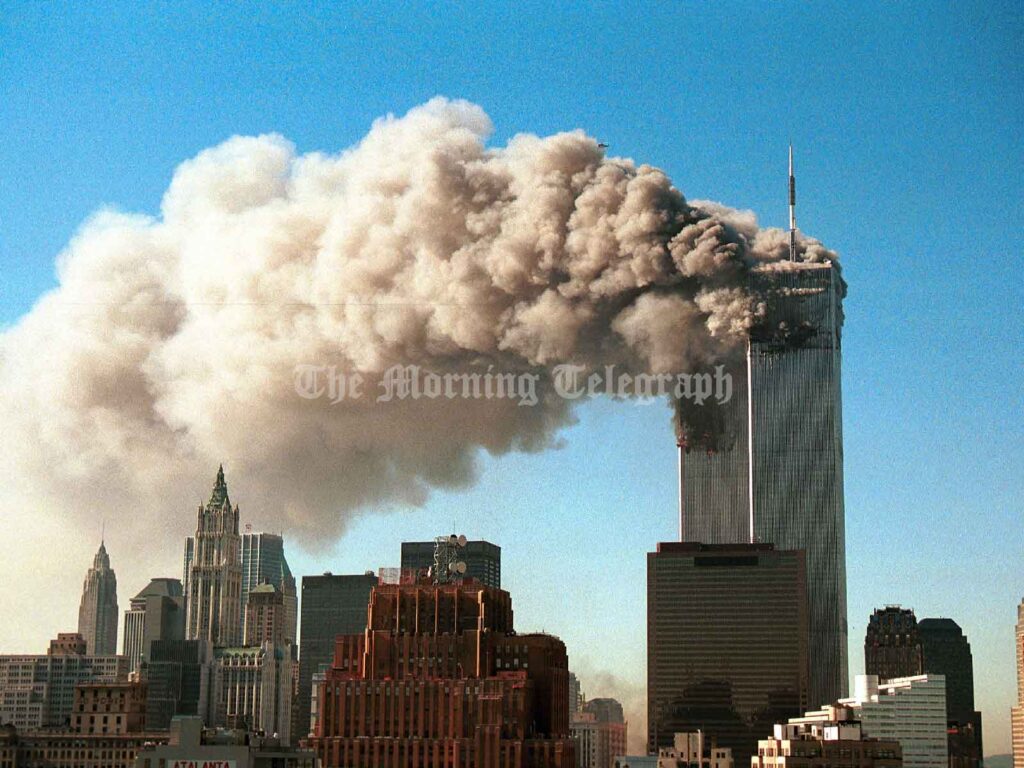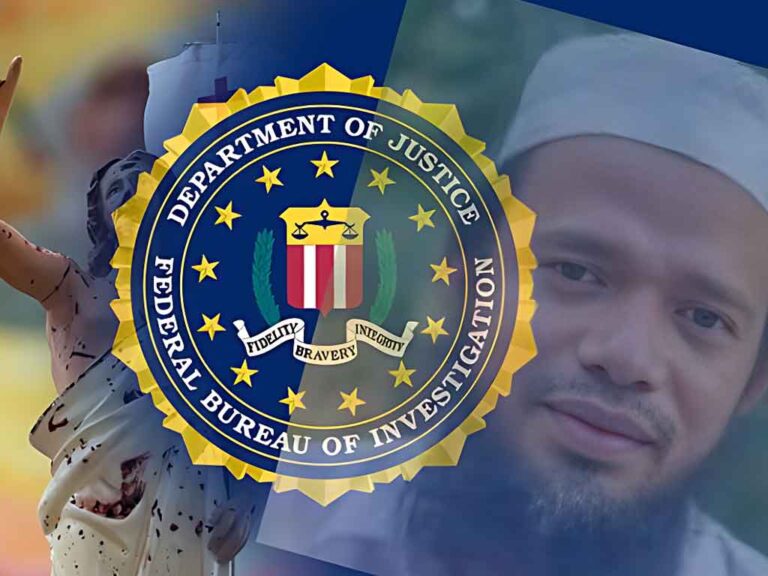
Today marks 23 years since the largest terrorist attack in history, the 9/11 attacks orchestrated by the Al Qaeda terrorist group. The coordinated assaults targeted the twin towers of the World Trade Center in New York City and the Pentagon in Washington, D.C., in an event that sent shockwaves across the globe.
On the morning of September 11, 2001, the first attack occurred at 8:46 a.m. local time when a hijacked passenger plane struck the North Tower of the World Trade Center. Just 17 minutes later, at 9:03 a.m., a second plane crashed into the South Tower, leading to the collapse of both 110-story buildings within an hour and 45 minutes of the initial strike.
As New York reeled from the devastation, another plane targeted the Pentagon, the heart of U.S. national security, at 9:37 a.m. A fourth hijacked plane, United Airlines Flight 93, crashed in a remote area in Pennsylvania after passengers bravely confronted the terrorists on board, preventing what was believed to be an attempt to target the White House.
The attacks claimed the lives of 2,977 people, including those in the World Trade Center, the Pentagon, and the passengers and crew aboard the hijacked planes. An additional 19 terrorists also perished in the attacks. The financial toll on the United States was staggering, with an estimated $10 billion in damages.
The mastermind behind the 9/11 attacks was Osama bin Laden, then the leader of the extremist group Al Qaeda. In the aftermath of the attacks, the U.S. launched a global war on terror, starting with the invasion of Afghanistan, where the Taliban regime was overthrown for harboring Al Qaeda operatives.
The 9/11 attacks not only devastated the United States but also altered the course of global politics and security forever. The event led to increased international cooperation against terrorism, with far-reaching consequences that continue to shape the world today.




